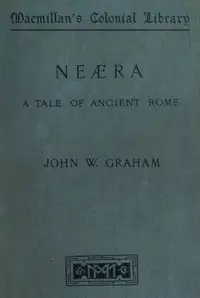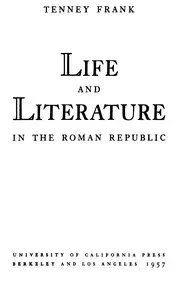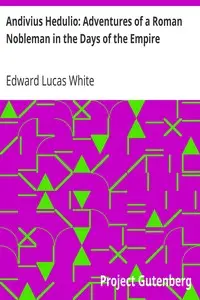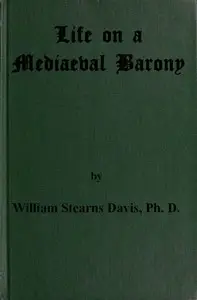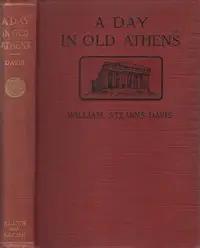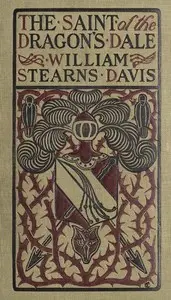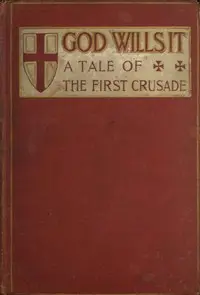"A Friend of Cæsar: A Tale of the Fall of the Roman Republic" by William Stearns Davis is a historical fiction that drops you into the heart of ancient Rome around 50-47 B.C., following the life of Quintus Livius Drusus. Imagine a world of powerful families, political chaos, and shifting loyalties, where Quintus, just back from school in Athens, finds himself caught between love, duty, and a society on the brink of major change; the story kicks off near Præneste, where Quintus is expected by his slaves, soon we're swimming in daily life, but Quintus is wrestling with what's expected of him. Drusus faces a crucial marriage, and the novel paints a vibrant picture of social life in ancient Rome, creating a collision of personal choices and world-changing events.
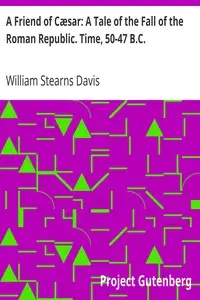
A Friend of Cæsar: A Tale of the Fall of the Roman Republic. Time, 50-47 B.C.
By William Stearns Davis
Amidst political turmoil in ancient Rome, a young man returning home must navigate love, duty, and societal expectations as the Republic crumbles around him.
Summary
About the AuthorWilliam Stearns Davis was an American educator, historian, and author. He has been cited as one who "contributed to history as a scholarly discipline,. .. [but] was intrigued by the human side of history, which, at the time, was neglected by the discipline." After first experimenting with short stories, he turned while still a college undergraduate to longer forms to relate, from an involved (fictional) character's view, a number of critical turns of history. This faculty for humanizing, even dramatizing, history characterized Davis' later academic and professional writings as well, making them particularly suitable for secondary and higher education during the first half of the twentieth century in a field which, according to one editor, had "lost the freshness and robustness. .. the congeniality" that should mark the study of history. Both Davis' fiction and non-fiction are found in public and academic libraries today.
William Stearns Davis was an American educator, historian, and author. He has been cited as one who "contributed to history as a scholarly discipline,. .. [but] was intrigued by the human side of history, which, at the time, was neglected by the discipline." After first experimenting with short stories, he turned while still a college undergraduate to longer forms to relate, from an involved (fictional) character's view, a number of critical turns of history. This faculty for humanizing, even dramatizing, history characterized Davis' later academic and professional writings as well, making them particularly suitable for secondary and higher education during the first half of the twentieth century in a field which, according to one editor, had "lost the freshness and robustness. .. the congeniality" that should mark the study of history. Both Davis' fiction and non-fiction are found in public and academic libraries today.


